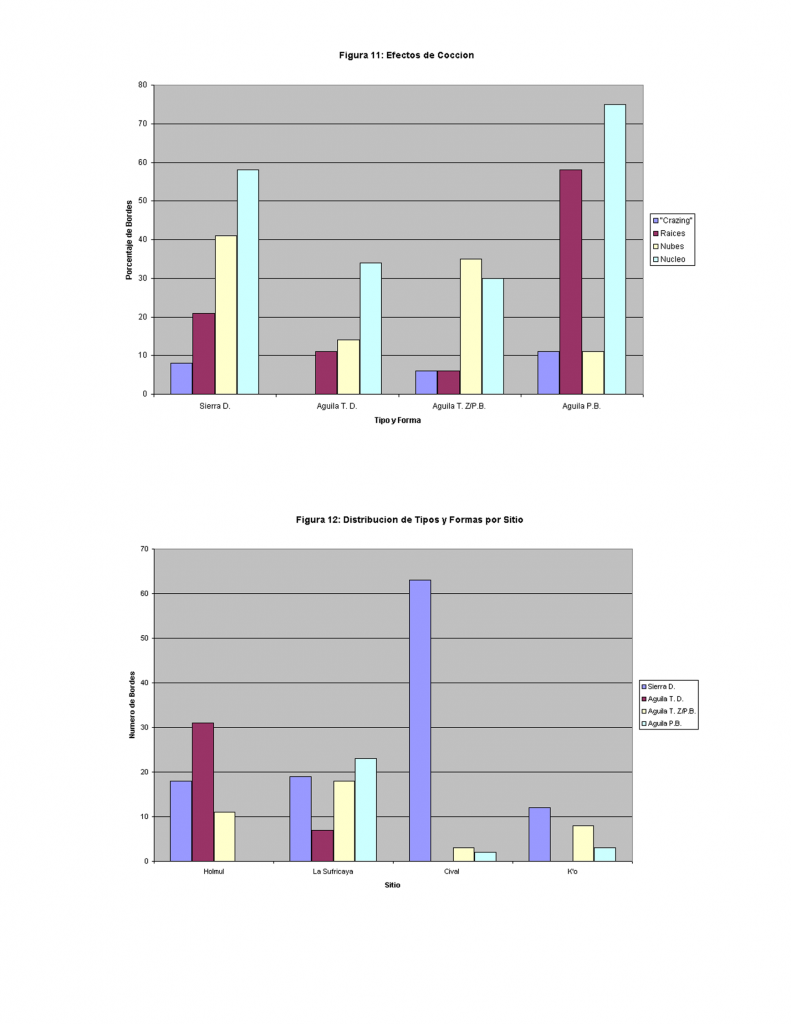

Yes, I have used a magnet to illustrate correlation.
 More “personal” choices are linked with social origin. Choices in “legitimate” domains of culture are linked with education. The two peer sets are of course slightly different, educational class and economic class are linked but they are not identical, and Bourdieu found that some decisions are more closely linked with education, while others are more closely linked with social status. A typical subject will make choices that correlate with peers of the same educational standing, and peers of the same social origins. Unsurprisingly, he found both factors have an impact on taste. To examine how we make cultural choices, Bourdieu gathered metrics on two core causative factors: As we see later the reality is far more nuanced (specifically, the tastes of the avant-garde top rung on the cultural ladder tend to correlate with the disenfranchised bottom rung). On the y-axis I’ve included a simple lower-to-higher continuum relating to status and class, although this should be taken as an initial postulation.
More “personal” choices are linked with social origin. Choices in “legitimate” domains of culture are linked with education. The two peer sets are of course slightly different, educational class and economic class are linked but they are not identical, and Bourdieu found that some decisions are more closely linked with education, while others are more closely linked with social status. A typical subject will make choices that correlate with peers of the same educational standing, and peers of the same social origins. Unsurprisingly, he found both factors have an impact on taste. To examine how we make cultural choices, Bourdieu gathered metrics on two core causative factors: As we see later the reality is far more nuanced (specifically, the tastes of the avant-garde top rung on the cultural ladder tend to correlate with the disenfranchised bottom rung). On the y-axis I’ve included a simple lower-to-higher continuum relating to status and class, although this should be taken as an initial postulation. 
I’ve plotted these domains on a rainbow graph, to demonstrate that there is some element of progression between them, but there are qualitative and structural differences between the different domains. The personal domains involve decisions which have a functional element, and are usually more closely related to domestic life, such as food, furnishings, and clothing. The legitimate domains relate to art and what we usually call “high culture”. Bourdieu puts all domains of culture on a spectrum, from the “legitimate” to the “personal”.

The thesis is built on a series of surveys and interviews conducted in France in 19-68, but as I read it, everything still feels relevant to the 2012 Anglosphere.įirstly, a definition of terms. In this book Bourdieu argues that cultural choice, or taste, is closely related to social position. A Social Critique of the Judgement of Taste








 0 kommentar(er)
0 kommentar(er)
